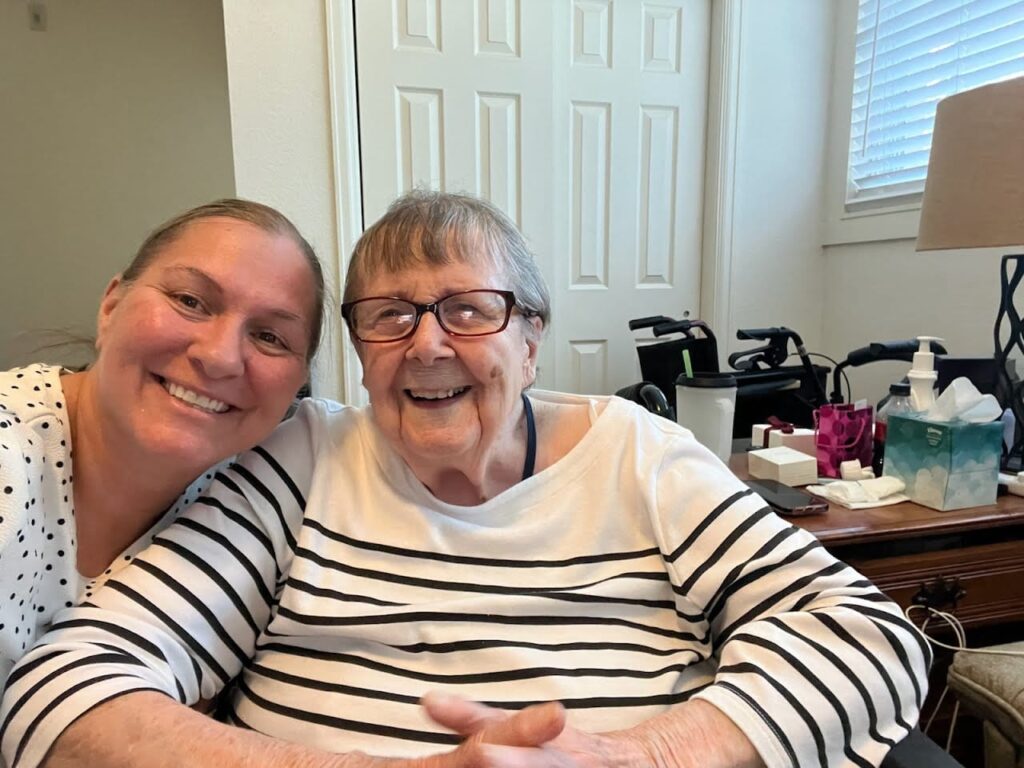
Hi AWG FAMILY!!!
I am enjoying spring. I have seen the Robins, and daffodils and it brings me joy! This is my favorite time of year.
I hope you all are finding joy in the simple things in life. Your family and friends.
Judy Corinis said “One of the kindest things we can do is to accept our loved ones for who they are and seek to understand their strengths and joys in life.”
I feel that this applies to all. To accept those around us as they are.
Sometimes with our clients we see they get frustrated and or a little unhappy as they are slowly losing their independence as they become more forgetful. Sometimes it is hard to know if it is normal aging or dementia. Either way we try to fill the reason or emotion behind the behavior with respect and dignity ( which just so happens to be 2 of our core values)
Below are some things to think about why you are in the company of our clients.
Dementia Symptoms: Is it Dementia or Normal Aging?
The transition from being a fully capable elder to someone experiencing dementia is very stressful. It’s not a smooth ride for elders or their families. Dementia symptoms begin imperceptibly, at first looking like nothing more than the unreliable memory of normal aging. When family members visit for a weekend, they often don’t realize the true degree of confusion their loved one is coping with. It’s hard to know whether the house is dirty because of low energy, changing preferences, fading eyesight, or a lost understanding of basic hygiene.
Keep Me Safe, But Let Me be Me
I believe that meeting emotional needs is the essence of being a dementia care partner. Most books and training programs offer caregivers ideas on how to manage their charges in specific situations, such as when eating, bathing, dressing, or going to appointments. However, any situational behavior could be caused by a variety of emotional needs. Making environmental changes may help, but unless the emotional need driving the behavior is met, problems will continue.
Lack of security causes fear-driven behaviors
Transitions from one life stage to another are always complicated. As teenagers become adults, their parents maintain a delicate balance between continued supervision and granting increasing responsibility. The process is rarely smooth. It goes in fits and starts, with spectacular failures interspersed with glowing successes. And it’s the same with the appearance of dementia. Navigating the changes and supporting their autonomy as much as is possible is imperative to wellbeing.
I hope that we can implement these ideas and remember them as we are caring for those that we love to care for.
We are so thankful for all the things each of you do. We give a lot of shout outs to our caregivers as they are SO stellar! However we have had some pretty intense assessments as of late and Nicole and Denise have handled them beautifully and met our clients in the place they needed to be met. We are thankful for the great job they do and the contracts that get signed so we keep growing and progressing!
THANK YOU ALL!!!
